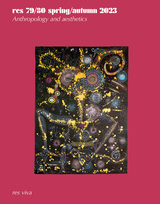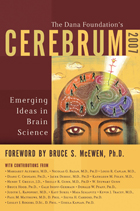
New advances are being made in brain science today that will directly affect each of our lives, from the courtroom to the classroom to the living room. Cerebrum has long been the leading journal in distilling these developments in neuroscience for the general reader, and its articles by leading scientists and scholars are cited in such prominent publications as the Wall Street Journal, Boston Globe, and Washington Post. Collected here are over a dozen articles and book reviews from the journal’s online edition about the latest developments in brain science.
The featured articles offer thought-provoking analyses of the human brain and its untapped possibilities, touching on topics as diverse as the neurological basis for a belief in the supernatural, the use of drugs to alter traumatic memories, and the biological nature of ethical behavior. Top scientists and scholars—including neurologist Dr. Kathleen Foley, of Memorial Sloan-Kettering Cancer Center; Henry T. Greely, bioethicist and Stanford University professor of law; and Dr. Judith L. Rapoport, chief of the child psychiatry branch at the National Institute of Mental Health— clearly and concisely explain these and many other exciting developments on the horizon. An engaging and wholly readable compendium, Cerebrum 2007 is essential for all those interested in the cutting edge of brain research and what it holds for the future of humanity.
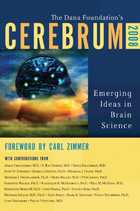
The featured articles offer thought-provoking analyses of the human brain and its untapped possibilities, touching on topics as diverse as how discoveries in brain science can help us design better the best nursing facilities for patients with Alzheimer’s disease, the risks and rewards of new drugs based on living cells, why remembering our past is essential to planning the future, and when we can and should use drugs to control our emotional lives. Top scientists and scholars—including acclaimed science writer Carl Zimmer, psychiatrist Paul M. McHugh, neurologist Michael Selzer, and neurobiologist Vivan Teichberg—clearly and concisely explain these and many other exciting developments on the horizon.
—Floyd E. Bloom, MD, former editor of Science
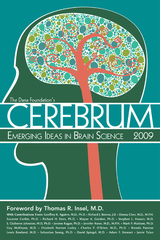
New advances in brain science will directly affect our lives, from the courtroom to the classroom to the living room. Cerebrum has long been the leading magazine for distilling these developments into concise, intelligent prose accessible to a general reader; as a result, its articles by scientists and scholars are often cited in prominent publications such as the Wall Street Journal, Boston Globe,andthe Washington Post. Assembled here is a new array of articles from Cerebrum’sWeb edition that collects the most cutting-edge developments in brain science in one essential volume.
The featured articles offer thought-provoking analyses and expert perspectives on such topics as the causes and effects of identity disorder, the dangers of unidentified traumatic brain injury, and explanations for why the mind is sometimes foggy after heart surgery. Other timely articles explore the brain and politics, conflicts of interest in science, the use of the technology to map brain connections, and the pros and cons of screening for childhood disorders. Top scientists and scholars—including neuroscientist Guy McKhann, computational neuroscientist Sebastian Seung, developmental psychologist Jerome Kagan, and neurologist Stephen L. Hauser—clearly and concisely explain these and many other exciting and pertinent developments. In addition, the foreword by Thomas R. Insel, M.D., director of the National Institute of Mental Health, offers a fascinating way of conceptualizing psychological disorders as disorders of the brain.
An absorbing and readable compendium, Cerebrum 2009 provides vital insight into the cognitive human condition and shows how advances in medicine and neuroscience can help us lead longer, healthier lives.
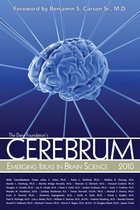
READERS
Browse our collection.
PUBLISHERS
See BiblioVault's publisher services.
STUDENT SERVICES
Files for college accessibility offices.
UChicago Accessibility Resources
home | accessibility | search | about | contact us
BiblioVault ® 2001 - 2024
The University of Chicago Press






